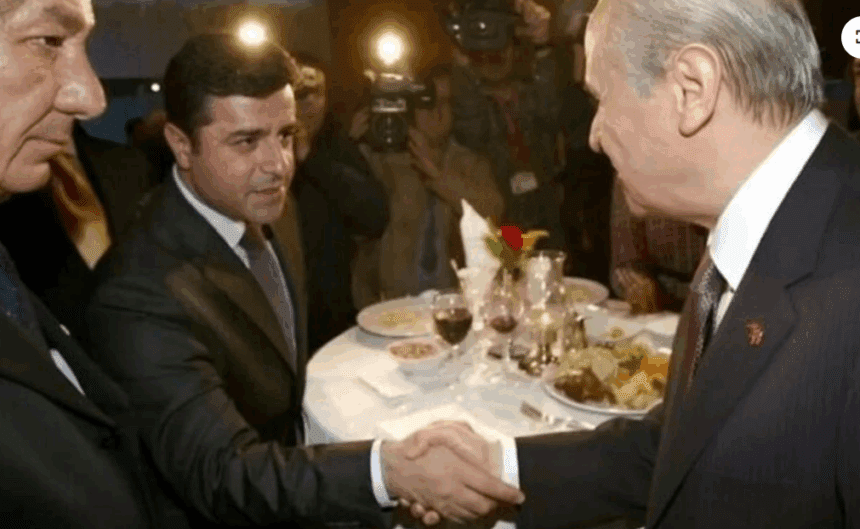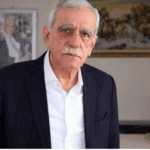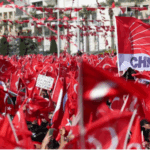Nationalist Movement Party leader Devlet Bahçeli broke with years of hard-line rhetoric on Tuesday, telling reporters in parliament that releasing Selahattin Demirtaş “would be beneficial for Turkey.” His remark came a day after judges declined a final bid to revisit the European Court of Human Rights’ 8 July judgment, which means that ruling now stands as final and binding.
The court’s July decision held that Demirtaş’s renewed detention breached the European Convention and ordered his release. A formal notice from the court’s registry on 3 November confirms that the request to refer Selahattin Demirtaş v. Türkiye (no. 4) to the Grand Chamber was rejected, rendering the judgment definitive.
Demirtaş has been imprisoned since November 2016. In the mass “Kobani” case, a court in Ankara sentenced him on 16 May 2024 to 42 years; that verdict is under appeal. Earlier ECtHR litigation had already found political purpose behind aspects of his detention, and the July 2025 judgment reiterates those concerns.
From prison, Demirtaş welcomed the court’s move as “legally binding” and urged a focus on freedom, justice, and peace. His lawyers say they have filed a new application for release in light of the ruling’s finality. Leaders in the pro-Kurdish movement called for the immediate liberation of Demirtaş and others tried in the same case, while figures in the main opposition described Bahçeli’s words as a positive step and urged swift compliance with Strasbourg.
The statement lands amid a broader de-escalation track. In late winter, Abdullah Öcalan urged an end to armed struggle; by May, the PKK announced it would disband and disarm. Through the summer, lawmakers formed a cross-party body to oversee a transition from insurgency to democratic politics and to draft related reforms. These steps have raised expectations that confidence-building measures will include implementing international judgments and easing high-profile political cases
The Kobanî case still looms over the process. Rights organizations have criticized it as a mass political trial, and any partial or selective relief could revive concerns about uneven justice. But Bahçeli’s words—coming from a politician who for decades framed Kurdish demands as a security threat—have already upended Ankara’s rhetorical landscape, making Demirtaş’s fate a central test of whether Turkey’s 2025 de-escalation will be anchored in law as well as politics.



